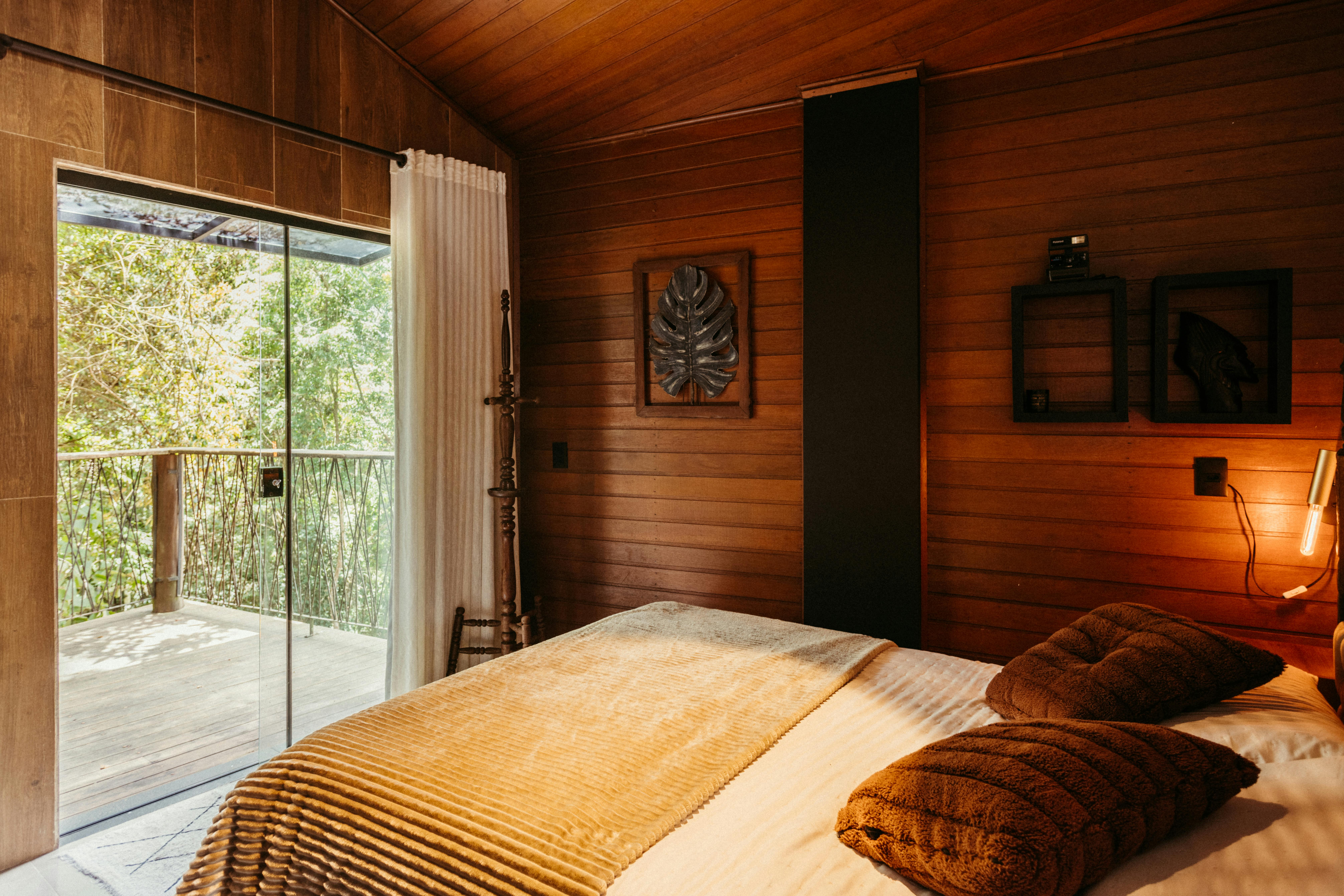The short-term rental market is shifting fast, and Airbnb hosts who keep up with these changes will see the biggest wins. Travelers are looking for more than just a place to sleep—they want unique experiences, flexibility, and sustainability. With solo trips, rural escapes, and eco-friendly stays becoming top priorities, the way people book and experience Airbnbs is evolving. If you’re a host, understanding these trends can help you maximize your bookings and stay ahead of the competition. Let’s dive into the five biggest trends shaping Airbnb in 2025—and how you can take advantage of them.
1. “Soft Travel” and the Rise of Longer Stays
Travelers are slowing down, and solo trips are booming. Airbnb has reported a 90% increase in solo travel searches, with average stays stretching to 17 nights. It’s a clear signal: people want immersive, extended experiences rather than whirlwind vacations. At the same time, pet-friendly listings are more popular than ever, with searches up 30%. If you’re a host, consider making your space welcoming to long-term guests and their furry companions—think flexible check-ins, homey touches, and pet-friendly policies.
2. Sustainability is a Must, Not a Bonus
Today’s travelers care about their impact on the planet. Eco-conscious stays—properties featuring solar panels, energy-efficient appliances, and sustainable materials—are seeing higher engagement and booking rates. Guests are actively seeking green certifications, composting options, and even electric vehicle charging stations. Hosts who showcase their eco-friendly efforts in listings (and follow through) are gaining a competitive edge.
3. Rural and Nature-Based Getaways Are Thriving
More people are escaping the city grind in favor of peaceful, scenic stays. Remote cabins, lakeside cottages, and farm stays are trending as travelers prioritize relaxation and unique, nature-filled experiences. The beauty of this trend? Less competition and the ability to charge premium rates for sought-after locations. If you own or manage a rural Airbnb, professional photography, detailed descriptions, and highlighting seasonal attractions can make all the difference in attracting guests.
4. Flexibility is the New Standard
Uncertainty in travel plans is still a factor, and guests are prioritizing flexibility more than ever. Airbnb reports that properties with flexible cancellation policies receive up to 20% more bookings. This isn’t just about cancellations—it’s about making it easy for travelers to adjust their plans without stress. If you’re a host, offering flexible booking terms and making them clear in your listing can help boost occupancy rates and attract hesitant travelers.
5. Professional Property Management is on the Rise
Managing short-term rentals has become more complex, and many hosts are turning to professionals for help. Dynamic pricing, guest communication, cleaning coordination—these tasks can quickly become overwhelming. As a result, property management services and automation tools are becoming essential. Whether you’re an individual host scaling up or an investor managing multiple properties, leveraging expert services can increase efficiency, enhance guest experiences, and ultimately maximize revenue.
Final Thoughts: How to Stay Ahead
The Airbnb landscape is changing, but those who adapt will come out on top. Here’s how to future-proof your rental business in 2025:
- Embrace sustainability: Guests actively seek eco-friendly stays—make yours stand out.
- Target the right locations: Rural getaways and nature-based retreats are in high demand.
- Offer flexibility: Cancellation and booking policies can make or break a reservation.
- Cater to modern travelers: Solo guests, long-term stays, and pet-friendly accommodations are on the rise.
- Leverage professional management tools: Efficiency is key to scaling and optimizing revenue.
By staying ahead of these trends, Airbnb hosts can create a thriving, future-proof rental business that meets the evolving needs of travelers in 2025 and beyond. Whether you’re a new host or a seasoned pro, the key is to listen to what guests want—and be ready to evolve with them.




